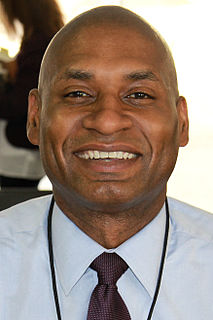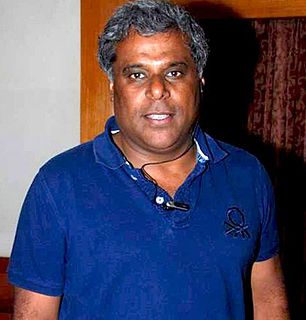A Quote by Charles M. Blow
Conservatism is rooted in preservation; progressivism advances alteration. These are different love languages. These languages turn on your view of change itself: When you think of America, do you see a country struggling to be maintained or one striving to be made better?
Related Quotes
The various languages placed side by side show that with words it is never a question of truth, never a question of adequate expression; otherwise, there would not be so many languages. The 'thing in itself' (which is precisely what the pure truth, apart from any of its consequences, would be) is likewise something quite incomprehensible to the creator of language and something not in the least worth striving for.
I work in Hebrew. Hebrew is deeply inspired by other languages. Not now, for the last three thousand years, Hebrew has been penetrated and fertilized by ancient Semitic languages - by Aramaic, by Greek, by Latin, by Arabic, by Yiddish, by Latino, by German, by Russian, by English, I could go on and on. It's very much like English. The English language took in many many fertilizations, many many genes, from other languages, from foreign languages - Latin, French, Nordic languages, German, Scandinavian languages. Every language has influences and is an influence.
Writing in African languages became a topic of discussion in conferences, in schools, in classrooms; the issue is always being raised - so it's no longer "in the closet," as it were. It's part of the discussion going on about the future of African literature. The same questions are there in Native American languages, they're there in native Canadian languages, they're there is some marginalized European languages, like say, Irish. So what I thought was just an African problem or issue is actually a global phenomenon about relationships of power between languages and cultures.































